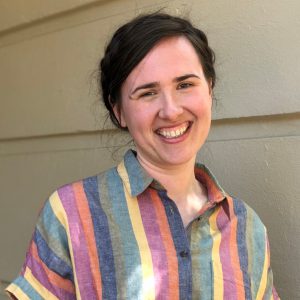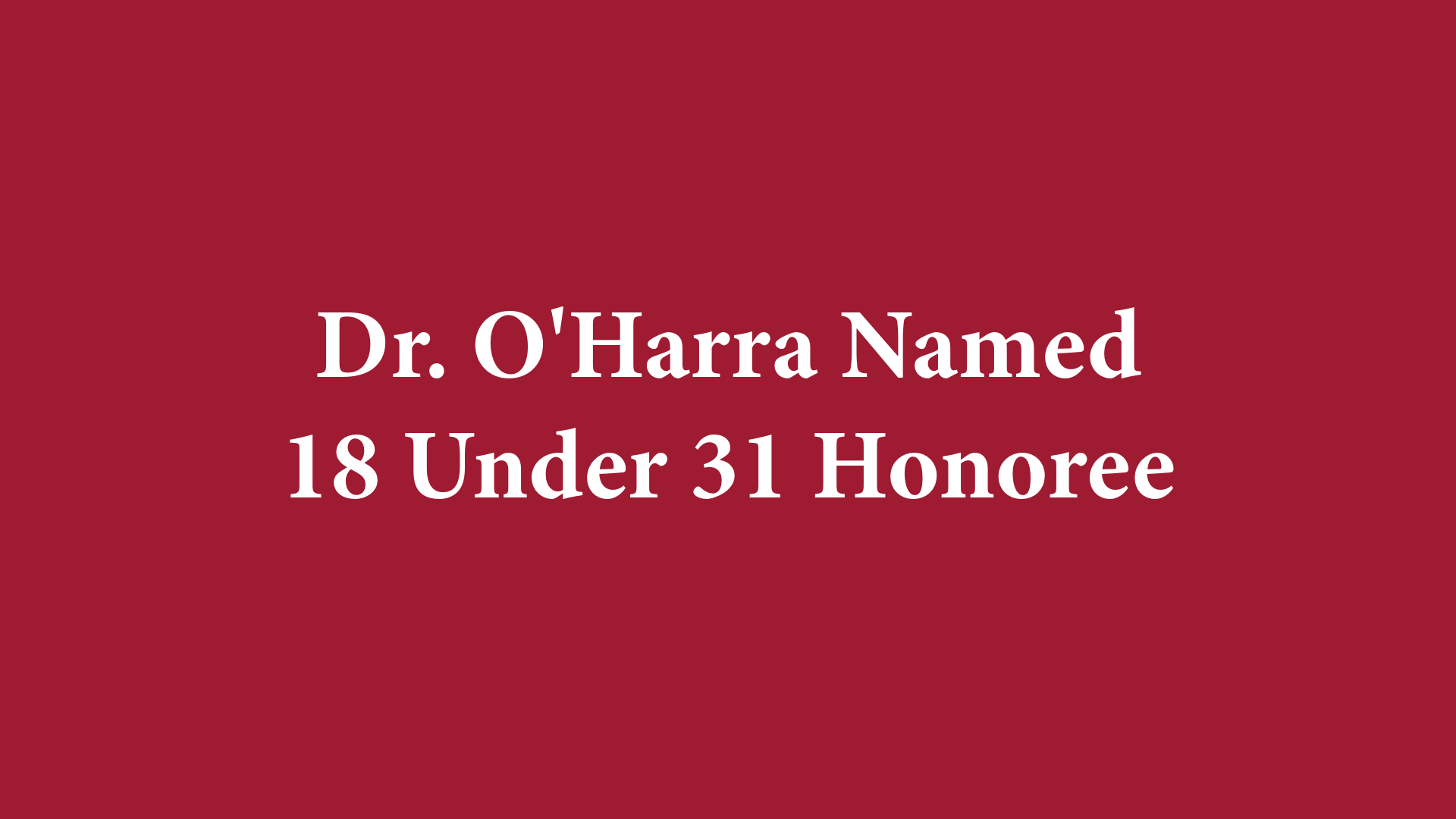- April 16th, 2018
By Sara Wilson
Dr. Anne Franklin Lamar grew up in her mother’s fabric store in the Mississippi Delta. It’s where she often went after school, where she learned to sew, and where she first understood the power of  the traditionally female community—those spaces created with the thread and needle and tactile production. This power would end up shaping her intellectual curiosity and academic career.
the traditionally female community—those spaces created with the thread and needle and tactile production. This power would end up shaping her intellectual curiosity and academic career.
“It was a different kind of entry into women’s history,” she said. “There are larger concepts of female community and creativity within it.”
Dr. Lamar earned both her master’s and PhD from the English department at the University of Alabama. Her interest in women’s studies began as an undergrad at Mississippi University for Women, where she started working on diary transcriptions. That exercise carried her into working with women’s written private texts and the histories that women tell each other. She feels called to bring women’s stories into the common narrative.
“A lot of times, [women’s stories] are secondary narratives that may be added to a larger history, but very rarely are they the subject of the story,” she said.
For the past two years, Lamar has taught classes in the Honors College centered around those themes of women’s studies and narrative storytelling.
This spring semester, she taught a class about women’s texts that examined quilts, textile work, cookbooks, gardens, diaries, and other traditionally gendered texts and encouraged students to imagine, create, and analyze their own creative projects. Not only did the class look at how women create their own identity, but it also explored how they fostered community through those creations.
In another Honors seminar, she wove together themes from the Honors Common Book Orphan Train by challenging students to record and present an oral history interview with a family member or friend about a pivotal journey in their life, much as the protagonist did in the novel.
“Orphan Train was perfect because there was some oral history woven into that already rich text, and I was able to work that project into my UH155 class,” she said. “There wasn’t a single student in that class who didn’t learn something new and impactful from the [experience].”
Lamar values two aspects of the Honors College above all else: the small class sizes and the emphasis on experiential learning.
“I have the opportunity to do things like an oral history project woven into a freshman-level class because of the focus from Honors on experiential learning and our desire for students to dig deeply into the topics and explore how this study challenges them,” she said.
Lamar admires how UH155 and UH300 Honors seminars teach students what deep dives into scholarship look like. That expectation of academic engagement combined with a diverse student body propel a small seminar into a unique educational opportunity.
“The 15 student cap is a game-changer because it allows students from all different backgrounds and disciplines to come in and discuss,” she said “I have students from all over the U.S. majoring in engineering, biology, humanities, and so on, and there’s always a wonderful mix of different perspectives. With that smaller class size, we can foster discussion that goes beyond surface level.”
In her free time, Lamar does pottery, including teaching pottery classes in the summer and creating mugs for the popular coffee shop UPerk. She learned to throw as a teenager, but returned to it as a serious craft about five years ago. She said she values the meditative, repetitive nature of her pottery, and that it enhances her teaching as well.
“It is such a tactile and whole-body experience,” she said. “I think that in the humanities you can get so focused on being only in your mind. But especially with the women’s text class—with sewing and cooking—experiencing something with your whole body and articulating that experience is something that we don’t emphasize as much in teaching, but we should.”
Whether she is teaching a freshman Honors seminar about dystopian literature or engaging upperclassmen with the work of Southern women writers, Lamar feels called back to the physical, the tactile, and the creative.
As a girl, she learned to quilt and explored the remarkable stories women have to tell. As a woman and as an educator, she teaches to always consider a different perspective and to remember the process in everything.
“There’s something to be said for making stuff with your hands and taking the time to tell your story and honor the stories of others,” she said. “These basic principles are definitely woven into every aspect of my teaching.”
